MicroRNAs
Recent articles
Null and Noteworthy: COVID-19 conclusions; diagnosis duplication; oxytocin again
This month’s newsletter explores the pandemic’s effects on autism rates, trends in co-occurring mental health conditions, and the impact of intranasal oxytocin.
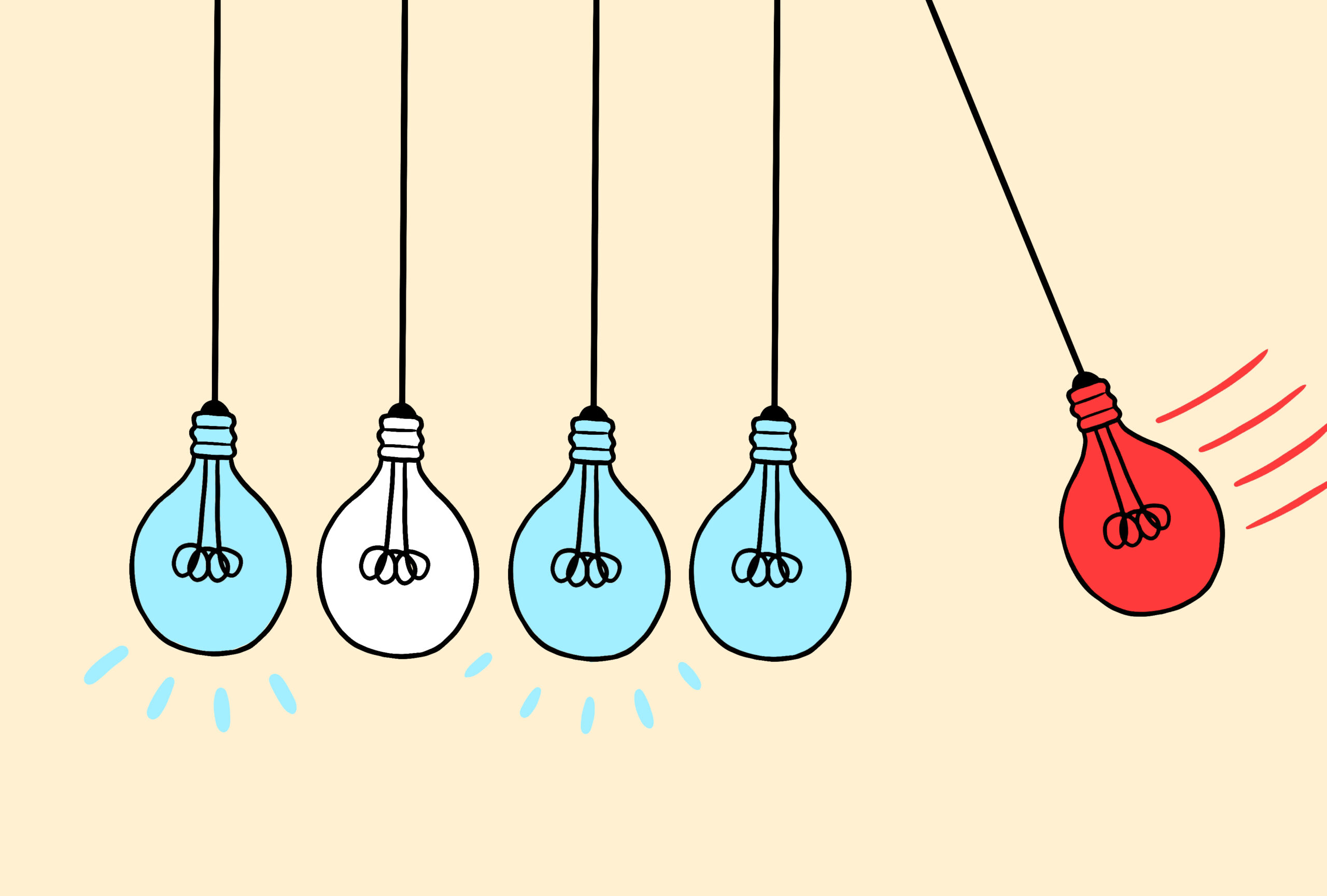
Null and Noteworthy: COVID-19 conclusions; diagnosis duplication; oxytocin again
This month’s newsletter explores the pandemic’s effects on autism rates, trends in co-occurring mental health conditions, and the impact of intranasal oxytocin.
Data irregularities surface for study of microRNAs in autism
The study, which investigated a microRNA’s links to autism, appears to contain duplicated and fabricated data, according to research integrity analysts. Those issues reflect a larger problem in the literature.
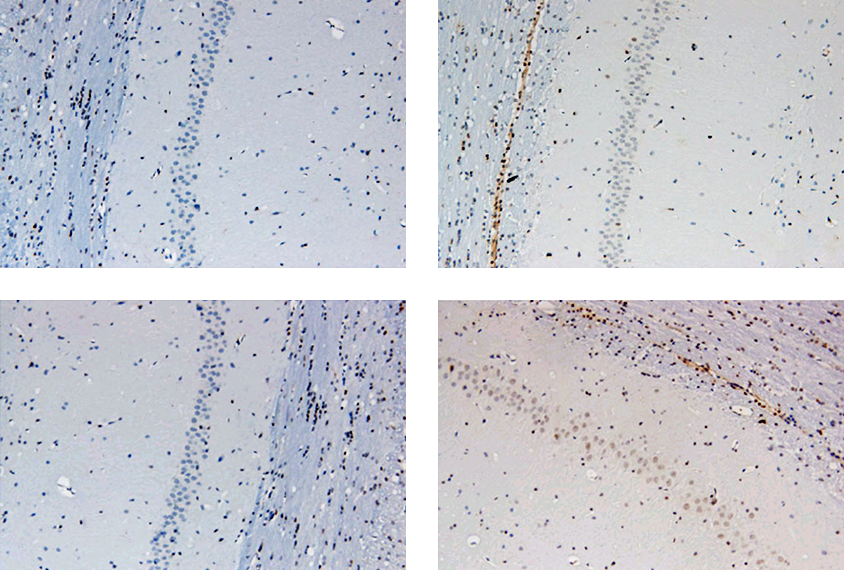
Data irregularities surface for study of microRNAs in autism
The study, which investigated a microRNA’s links to autism, appears to contain duplicated and fabricated data, according to research integrity analysts. Those issues reflect a larger problem in the literature.
Method may improve safety of gene therapies targeting the brain
A new approach for delivering gene therapy to the brain reduces nerve damage in primates and could help make gene therapies for conditions related to autism safer.
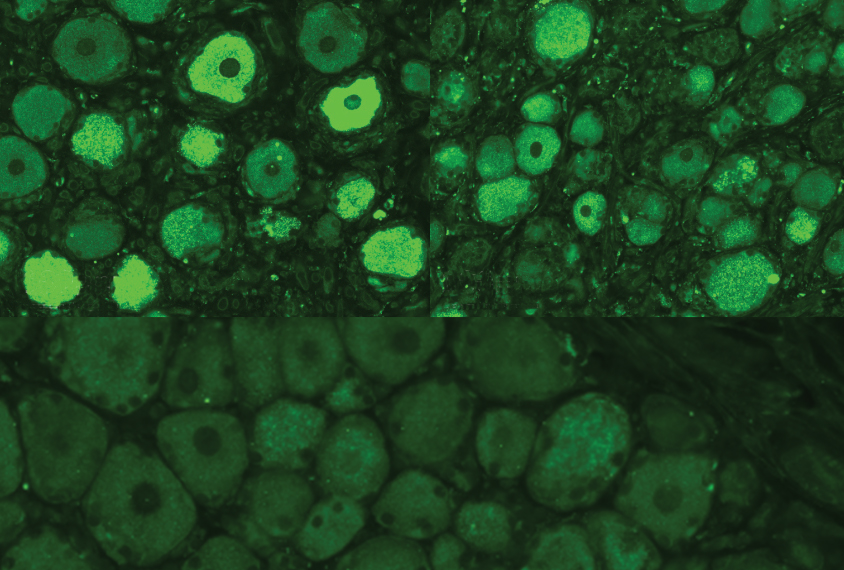
Method may improve safety of gene therapies targeting the brain
A new approach for delivering gene therapy to the brain reduces nerve damage in primates and could help make gene therapies for conditions related to autism safer.
Doubts precede saliva test for autism, set to be available by July
A saliva test that helps clinicians diagnose autism is expected to be available in the next few weeks. But some experts are skeptical of the test's accuracy and value.

Doubts precede saliva test for autism, set to be available by July
A saliva test that helps clinicians diagnose autism is expected to be available in the next few weeks. But some experts are skeptical of the test's accuracy and value.
New tool triggers gene expression in select neurons in rodents
Injecting a virus toting snippets of RNA into the rodent brain enables researchers to express genes in specific neuron types.
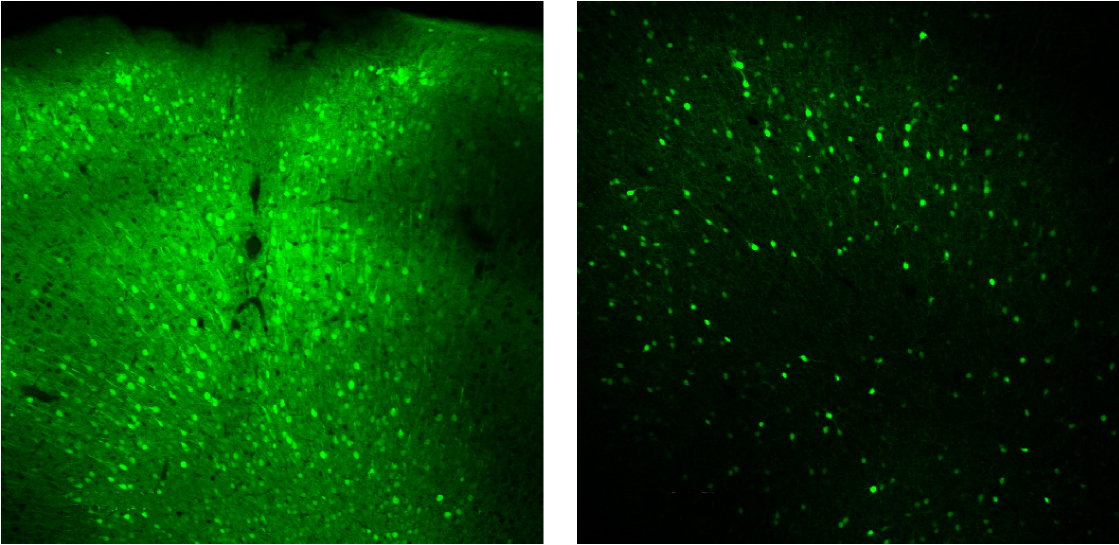
New tool triggers gene expression in select neurons in rodents
Injecting a virus toting snippets of RNA into the rodent brain enables researchers to express genes in specific neuron types.
Chemical tags on genomes in neurons altered in autism brains
Neurons from people with autism may have an unusual pattern of chemical tags that turn genes on and off.
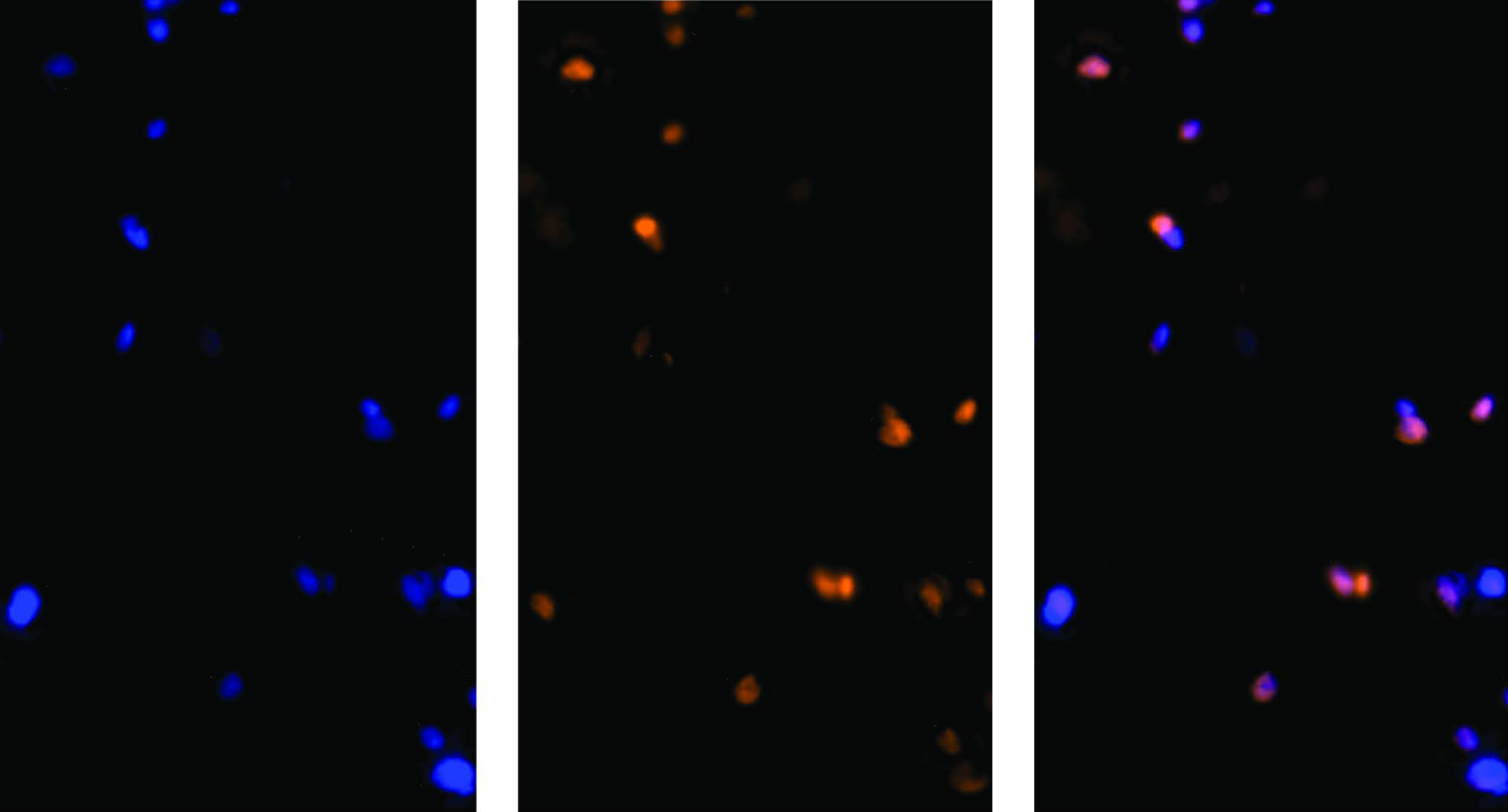
Chemical tags on genomes in neurons altered in autism brains
Neurons from people with autism may have an unusual pattern of chemical tags that turn genes on and off.
Genome’s ‘dark’ side steps into spotlight of autism research
RNA segments that control when and where genes are expressed may be involved in autism.
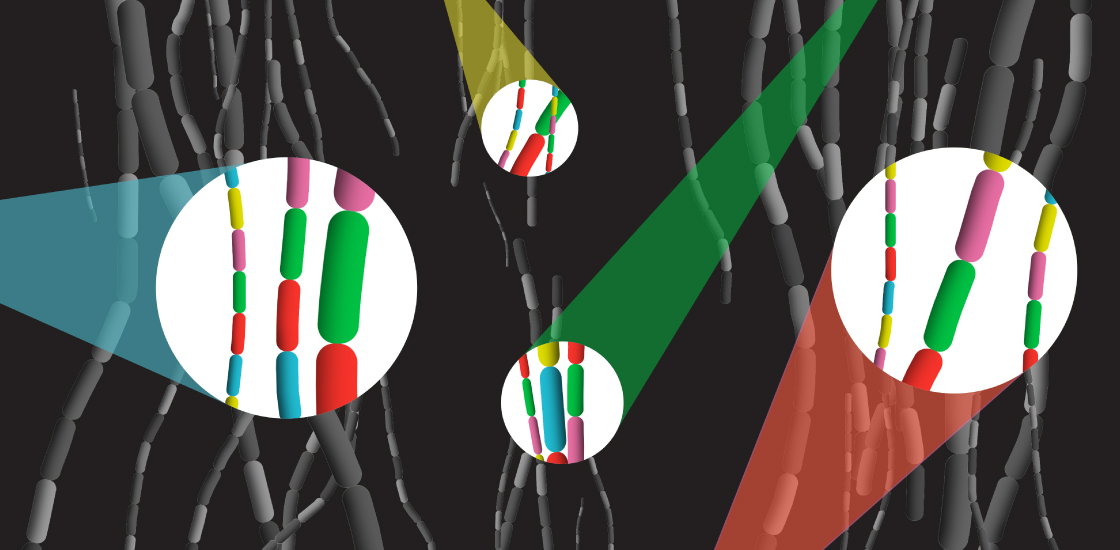
Genome’s ‘dark’ side steps into spotlight of autism research
RNA segments that control when and where genes are expressed may be involved in autism.
Micro-molecules may loom large in autism
The brains of people with autism contain unusual amounts of short regulatory RNAs.
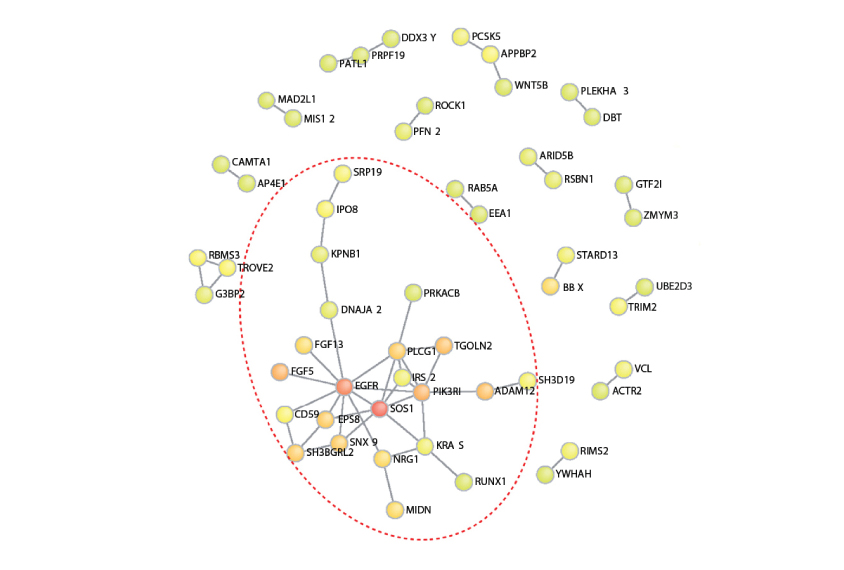
Micro-molecules may loom large in autism
The brains of people with autism contain unusual amounts of short regulatory RNAs.
Brexit break-ups; little impact; micro medicine
Scientists are excluding U.K. colleagues from studies; a life sciences publisher abandons the ‘impact factor;’ and a new open-access journal makes its debut.
Brexit break-ups; little impact; micro medicine
Scientists are excluding U.K. colleagues from studies; a life sciences publisher abandons the ‘impact factor;’ and a new open-access journal makes its debut.
CRISPR chronicles; microbiome muddle; love on the spectrum
The fight over who holds the rights to CRISPR is heating up, we control our gut bacteria, and romance isn’t always easy when you have autism.

CRISPR chronicles; microbiome muddle; love on the spectrum
The fight over who holds the rights to CRISPR is heating up, we control our gut bacteria, and romance isn’t always easy when you have autism.
Explore more from The Transmitter
Frameshift: Raphe Bernier followed his heart out of academia, then made his way back again
After a clinical research career, an interlude at Apple and four months in early retirement, Raphe Bernier found joy in teaching.

Frameshift: Raphe Bernier followed his heart out of academia, then made his way back again
After a clinical research career, an interlude at Apple and four months in early retirement, Raphe Bernier found joy in teaching.
Organoid study reveals shared brain pathways across autism-linked variants
The genetic variants initially affect brain development in unique ways, but over time they converge on common molecular pathways.

Organoid study reveals shared brain pathways across autism-linked variants
The genetic variants initially affect brain development in unique ways, but over time they converge on common molecular pathways.
Single gene sways caregiving circuits, behavior in male mice
Brain levels of the agouti gene determine whether African striped mice are doting fathers—or infanticidal ones.

Single gene sways caregiving circuits, behavior in male mice
Brain levels of the agouti gene determine whether African striped mice are doting fathers—or infanticidal ones.